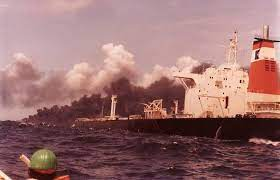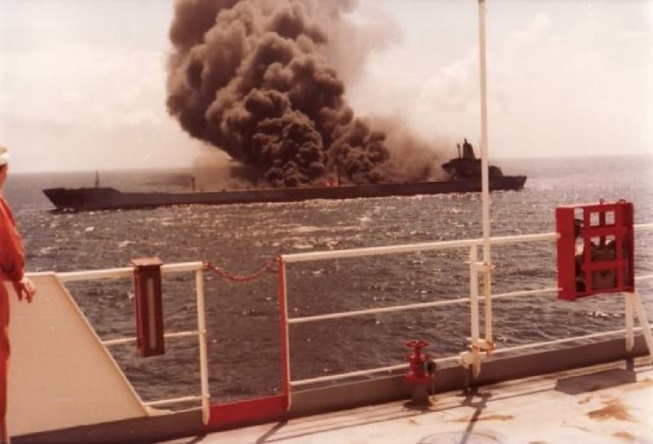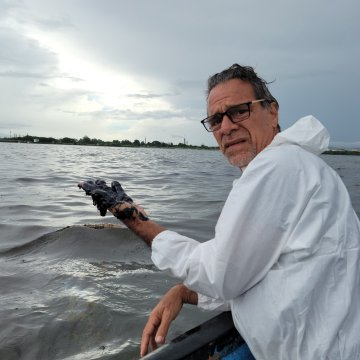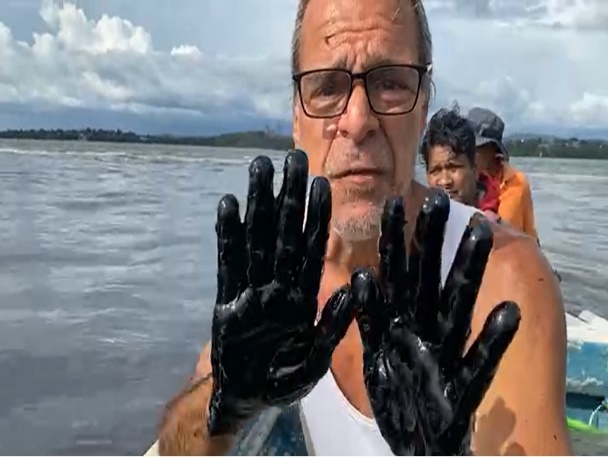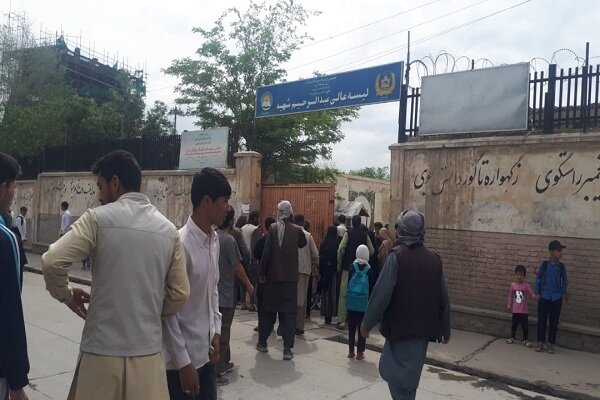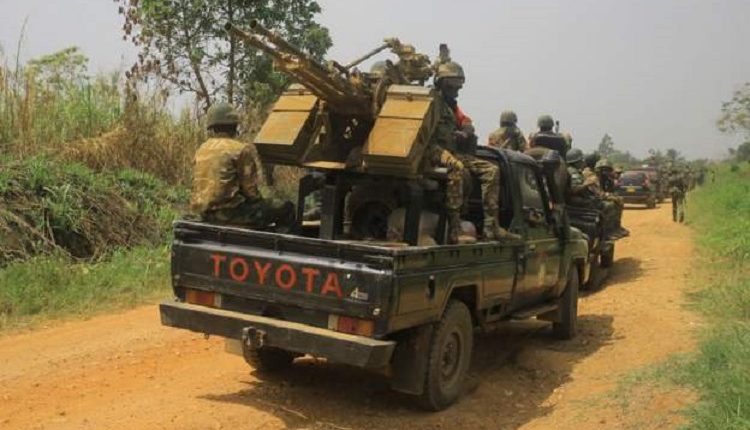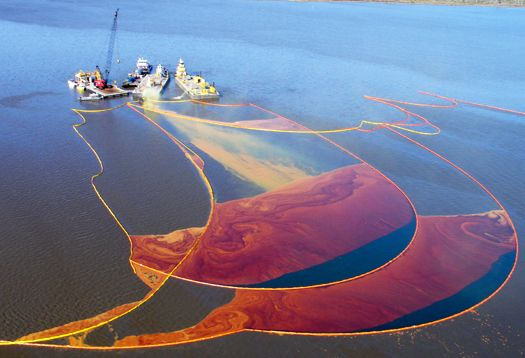
Avellon Williams
TRINIDAD AND TOBAGO- It is a growing concern for the public purse as the frequency of oil spills continues to threaten the ecology of the Caribbean.
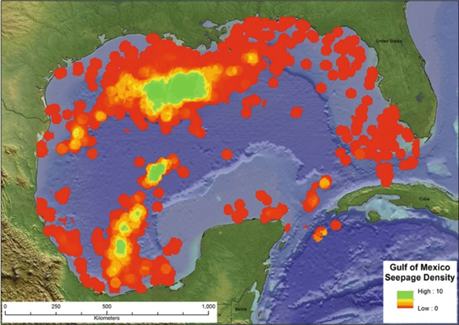
Globally, there are an estimated 250 oil spills in the Gulf of Mexico and the Caribbean Sea each year, according to a group of experts on the scientific aspects of marine environmental protection (GESAMP) 2007.
Two tankers collided off Trinidad and Tobago on 19, July 1979, releasing 287,000 tonnes of crude oil into the sea. This was the largest ever tanker spill in history.
Industry stakeholders estimate the cost of a medium-sized spill can range between US$2.4 billion and US$9.4 billion. Costs related to clean-up, compensation, and damage to agricultural, fishery, or wildlife lands are included in this estimate.
As part of Jamaica’s preparedness plan for responding to oil spills, the government has established a national contingency plan. Following the fire at Petrojam refinery that occurred in November 2000, 25,000 barrels of gasoline have been destroyed. This loss is estimated at $45,000,000.
Other Caribbean countries have also implemented similar contingency plans, including Barbados, Trinidad and Tobago,and Guyana, among others. Unfortunately, the set-aside funds for dealing with oil spills place additional strain on already overstrained budgets.

Sir. Ronald Sanders, the ambassador of Antigua and Barbuda to the Organization of American States (OAS), called for a more comprehensive international legal framework for dealing with the liability for oil spills and ecological damage in February of this year 2022.
Sanders said in discussing the oil spill that occurred in Peru on January 15, “all of this points to the need for a more comprehensive international legal framework for determining liability for oil spills and ecological damage. Furthermore, more definite agreements have to be made between oil companies and individual states in order to deal effectively with this type of ecological disaster.”
In a unanimous decision, the OAS Permanent Council adopted a declaration calling on international and regional financial and development institutions to provide immediate humanitarian assistance to Peru.
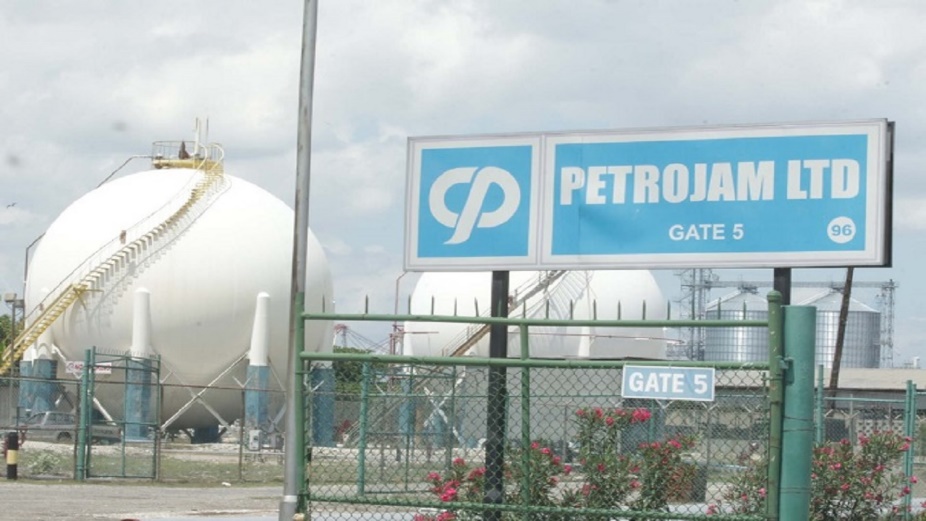
A study titled “GIWA Regional Assessment 3a for the Caribbean Small Island subsystem”, published in 2004 revealed that thousands of large vessels transporting oil, gas, and chemicals cross between small islands every year, resulting in high risks for oil and chemical spills.
According to the study, Trinidad and Tobago has a very high risk, due to its petroleum-based industry. In 2000, Trinidad and Tobago experienced another major oil spill. Short-term environmental damage has been caused by these spills, particularly along the Gulf of Paria. Several reports indicate that there are tar balls on the beaches of the Cayman Islands, Curaçao, and Barbados’ Barlovento beaches.
The Cartagena Convention is a key regional legal framework for the protection and development of the marine environment in the Wider Caribbean Region (WCR).
Oil-related issues are addressed in the Cartagena convention through the protocol concerning cooperation in the prevention and detection of oil spills throughout the Caribbean (oil spill protocol) and the protocol concerning pollution from land-based sources (lb protocol).
However, it is important to note that many Caribbean countries have not ratified the International Convention for the Prevention of Pollution from Ships (MARPOL 73/78).
At the same time, the Caribbean Environment Programme(CEP) is working overtime to protect the marine environment through decisions that are meant to prevent, reduce and control pollution of marine resources by oil from both land- and ocean-based sources.


